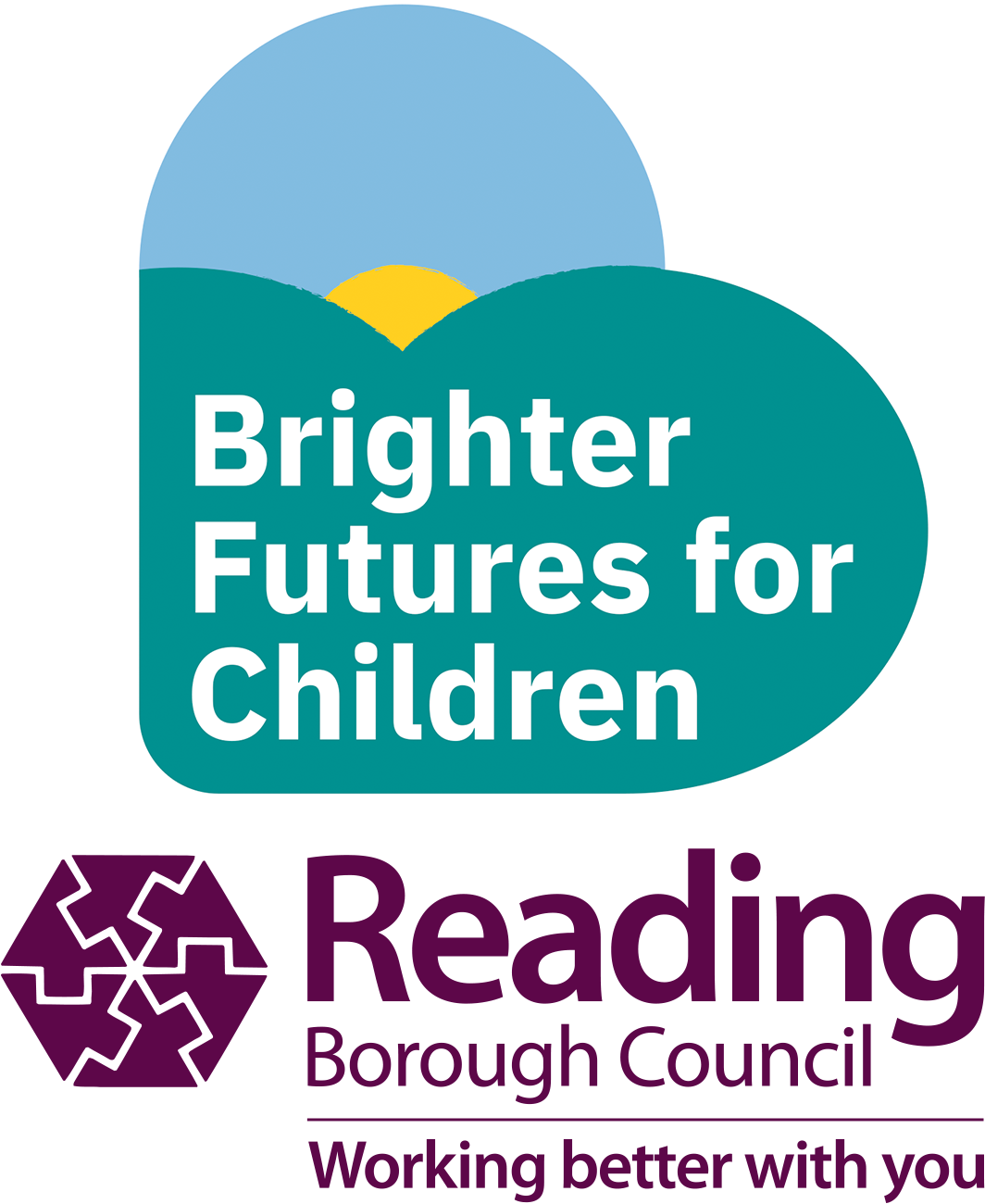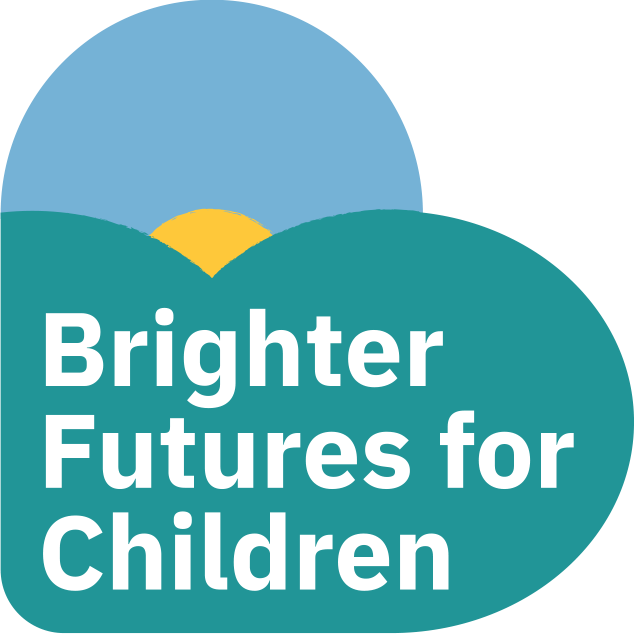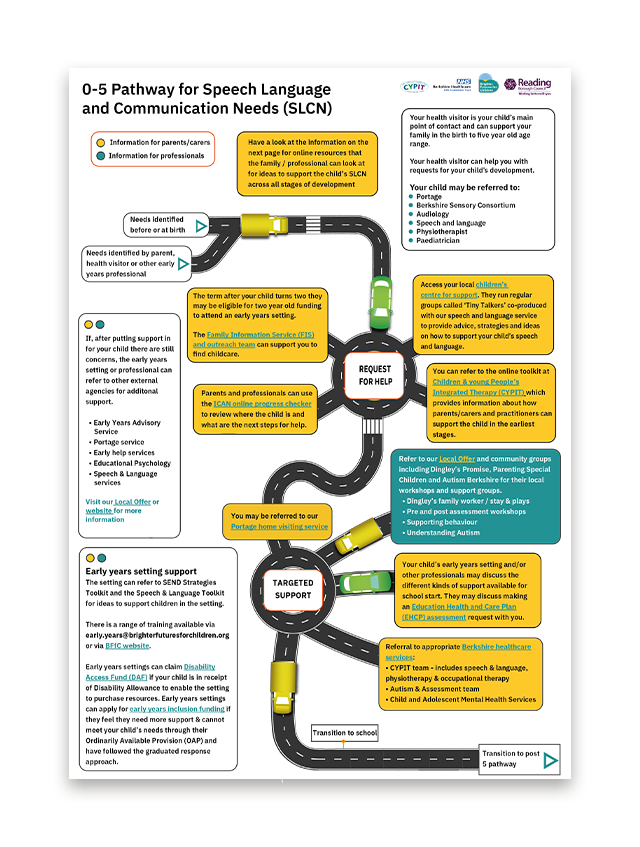- Home
- Professionals
- Under 5s with SEND
Under 5s with SEND
At Brighter Futures for Children, we are committed to ensuring that all Early Years settings in Reading are able to support children with special educational needs & disabilities (SEND).

If your setting needs advice on how to be inclusive to children of all abilities, or for a particular child’s additional needs, contact our Under 5s team for guidance at early.years@brighterfuturesforchildren.org.
You can also find information on our SEND Advisory Service on Reading SEND Local Offer web pages.
Key documents
We have a few toolkits that you can use as your first point of call when you have a child with special educational needs and/or disability in your setting that you need to support.
- The first is the SEND strategies toolkit which includes different approaches to support children with additional needs. We encourage you to work towards embedding these strategies to become part of your universal provision as it will support all children’s development.
- The second is the SENCO toolkit which is a one stop toolkit for your settings SENCO. You should have a named SENCO that oversees the provision that a child may require in their room; liaise with parent/carers and oversees the CPD development for staff. It is important to remember it is not the responsibility of the SENCO to do all the strategies but to support and over see this.
- Thirdly, we have a PowerPoint presentation to guide practitioners through writing an individual support plan (ISP) for a child with additional needs. It includes an example plan and guidance on best practice. This can be used for information or as a support tool when writing ISPs.
For your convenience, please see the links below to further support you when writing an ISP, also listed on the last slide in the PowerPoint.
- BFfC SEND support plan template
- BFfC Under 5 with SEND page
- BFfC Under 5s and early years services
- BFfC Speech, Language and Communication Hub for professionals
- Berkshire SALT early language development workshops
- Berkshire SALT information pack for Early Years Settings
- Reading Ordinarily Available Provision and Graduated Response
- SEND surgery contact days
- Speech, Language and Communication Hub for parents
- Early Years Development Journal
This free early years inclusion CPD programme is available for all practitioners who work with children under five.
This includes early years practitioners in settings and schools; childminders; Portage workers; children’s centre workers; health visiting team; children and young people’s therapists; social care and early help practitioners and many more!?
This programme will be running several different modules that you can pick and choose to suit your CPD development related to early years inclusion, including specific modules that will benefit particular practitioners.
The first four modules that are available now are:
- Inclusive practice in early years
- Transitions in early years
- Supporting behaviours that challenge
- Having difficult conversations with parents
?Each practitioner has to register individually to be able to access their individual training portals using the link below:
Early Years Inclusion Programme – Dingley’s Promise
This gives access to the modules which you can complete at your own pace and in your own chosen time and be informed of new modules when they are released.
SALT Surgeries
On the third Thursday of each month you can book a 15 minute slot with a Speech and Language therapist to discuss and receive advice about a child for who you may have speech and language concerns. This can be anonymous.
Request an Early Years SEND contact
Please complete the Early Years SEND contact form.
-
The form is checked weekly
-
It will be passed to the relevant SEND Advisor or Senior SEND Advisor
-
They will contact you to arrange either:
-
a TEAMS call on their next SEND contact day, or
-
a visit, if appropriate.
-
Request support for an individual child
If you are referring an individual child, please complete both of the following (Word documents)
Before making this referral, you must:
-
have used the SENCO toolkits and training to put support in place, and
-
ideally, have already discussed the child with an Early Years SEND Advisor.
Tuesdays are an EY SEND advisor contact day when you can phone to speak with an advisor for advice and guidance about a child or SEND provision.
On the first and third Tuesday of each month (term time only) you can contact SEND Advisor, Sam on: 07970 725 152
On the second and fourth Tuesday of each month you can contact SEND Advisor, Angela on: 0118 937 6726 or 07973 689 426
This panel is a monthly meeting of early years professionals. It has two main purposes:
-
To discuss individual children’s cases and make sure the right services and support are in place
-
To notify the local authority (LA) about children who:
-
may need a high level of SEND provision in school, or
-
are at risk of missing education.
-
The panel also gives early years professionals guidance on next steps. This may include deciding whether to proceed with an Education Health and Care Needs Assessment (EHCNA), using the evidence already available. This helps create a more streamlined process for supporting children into school and inform SEND teams of the child’s needs.
Referral form
To refer a child, please complete the Early Years Multi-Agency Panel Case Request Form.
-
This is a summary form
-
You can also upload any existing reports or information you already have.
Reasons to refer
You may wish to refer a child if:
-
you are unsure what support the child or family needs and would like advice or guidance, or
-
you want to notify the LA that the child is likely to need specialist provision, a high level of support at school, or is at risk of missing education.
Meeting schedule
-
The panel meets monthly on the 3rd Tuesday of each month
-
The deadline for referrals is the 2nd Tuesday of each month.
Our inclusion award is a fantastic opportunity for you to review and develop your SEND provision.
It compliments our comprehensive CPD programme and allows time to reflect and communicate with your team about your SEND priorities. You can celebrate your successes by achieve the award at three different levels, allowing you to promote this on the Reading SEND Local Offer site and with a plaque in your setting demonstrating your commitment to being inclusive.
Early Years Inclusion Funding is available for early years settings to apply for to support a child’s special educational needs.
This is for children who are eligible for early years funding entitlement. The Early Years Inclusion Funding supports settings to provide interventions over a period of time to support the child’s development.
Click here for more information and how to apply
The Disability Access Fund (DAF) was introduced in April 2017 to support disabled children’s access to the entitlements for three and four year olds. Providers receive lump sum of funds per eligible child per year. The funds could be used, for example, to support providers in making reasonable adjustments to their settings and/or helping with building capacity, be that for the child in question or for the benefit of all the children attending the setting.
More information is on the Disability Access Fund page on Reading SEND Local Offer.
Please refer to the Early Years page for our full CPD programme which includes training in SEND: Under 5s and early years services | Brighter Futures for Children
Transition from Early Years to primary school for children with SEND - guidance for professionals
For guidance and downloadable documents to help you support a child to prepare for the move up to a nursery or primary school, visit our Under 5s transition to school and nursery page.
Speech, Language and Communication Needs (SLCN)
Our speech and language roadmap is designed to illustrate a child’s journey through speech and language support, from birth to 5 years old. Click on the image on the right to open the full two page document.
Head over to our Speech, Language and Communication Hub for more information on how you can support families and children with their language development.



